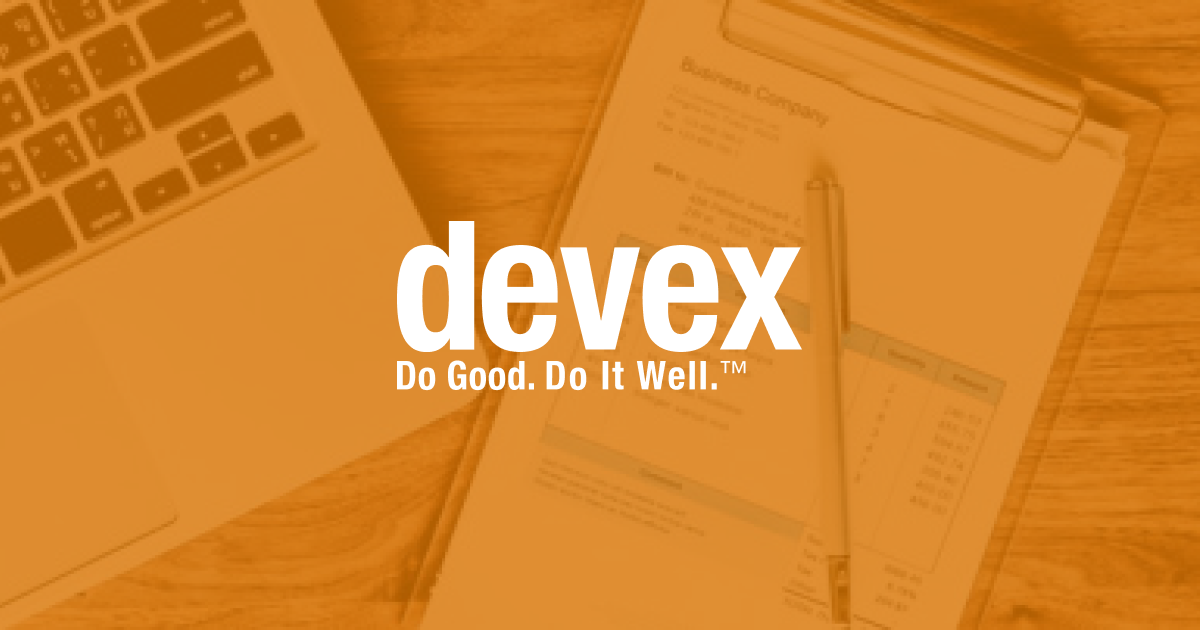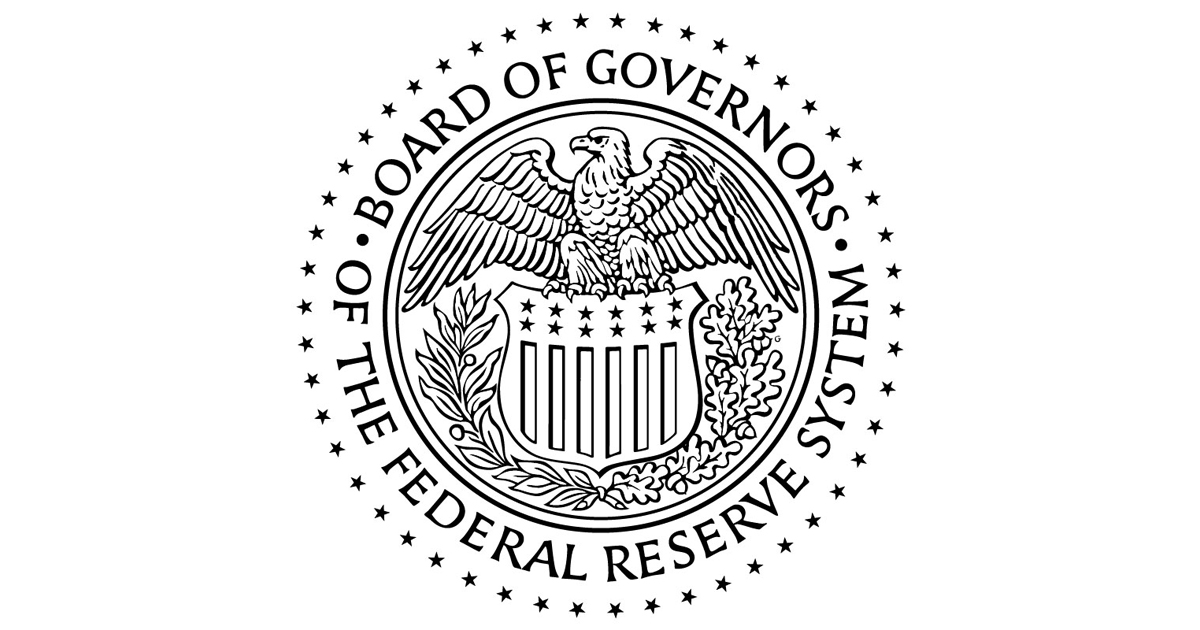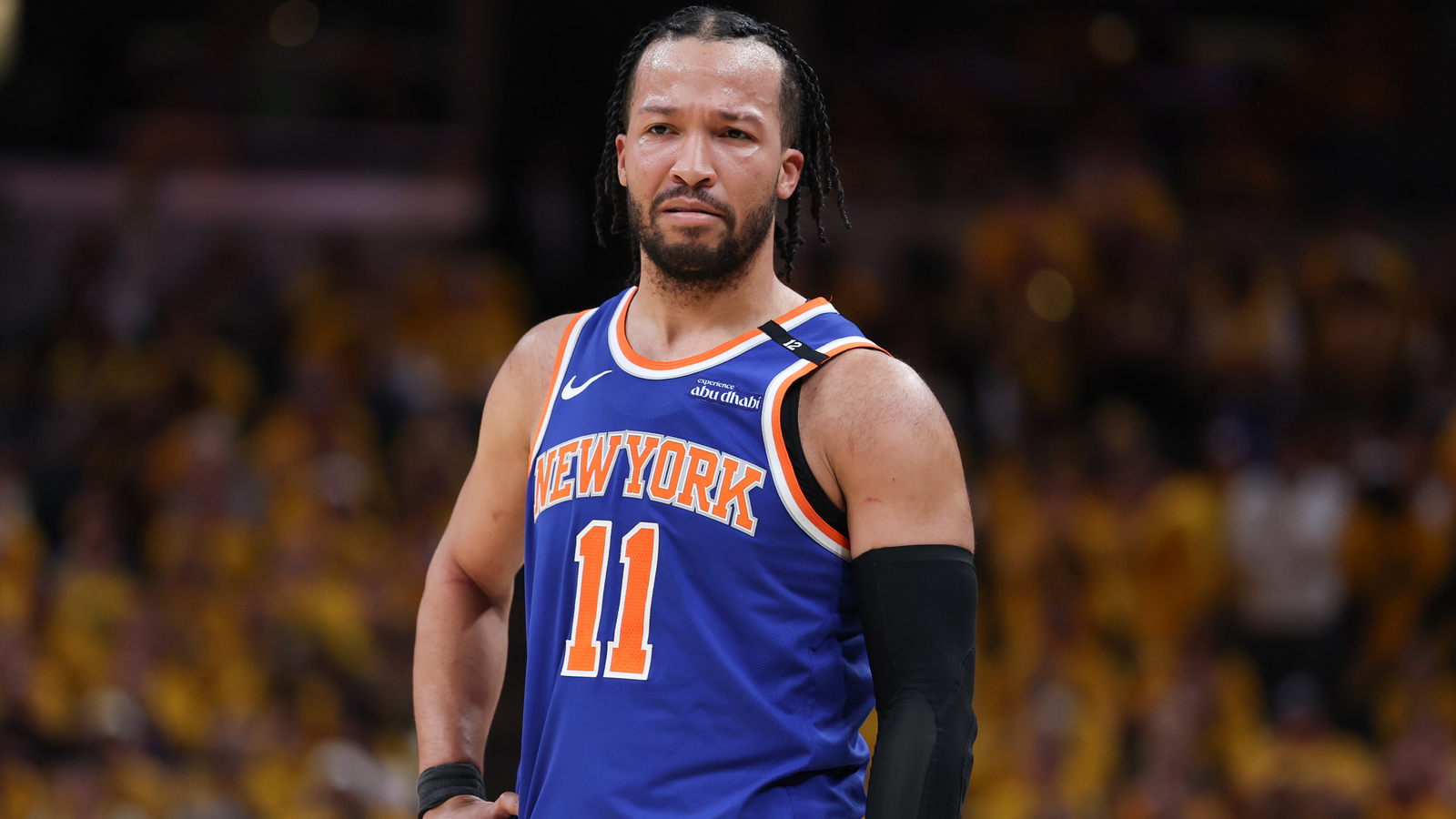We’ve been told for generations that owning a home is the cornerstone of the American Dream. But was that ever truly dream, or just a story sold to us by banks, real estate developers, and institutions that profit from a lifetime of mortgage payments?
A new trend is forcing us to rethink everything we thought we knew about stability and success. In the past five years, the number of millionaire renters in the United States has more than tripled, according to a recent report from RentCafe. These are not people priced out of ownership; they are choosing not to buy. And in doing so, they are quietly challenging one of the most enduring assumptions in American life: that owning a home is the ultimate sign of having made it.
If the rich are opting out of ownership, perhaps it’s time to ask a harder question: Is homeownership the shelter from life’s storms we’ve been told it is, or has it become the anchor that keeps us stuck?
The data shows this isn’t a temporary workaround or transitional stage. In fast-growing cities like Houston, the number of millionaire renters exploded from just seven households in 2019 to 179 in 2023 — a 25-fold increase. Charleston, SC, which had zero millionaire renters five years ago, now claims more than 200.
While some might attribute this to lifestyle flexibility or a hot housing market, the trend suggests something more profound… a reevaluation of how the wealthy build and protect their wealth.
Millennials, in particular, are leading the charge. This generation of millionaires is far more likely to rent than their Gen X counterparts, who still tend to lean toward traditional homeownership. The reasons could range from the desire to remain mobile in a shifting job market to skepticism about tying up capital in a single asset, especially in an era of market volatility.
However, it also suggests a broader cultural shift — one in which permanence is no longer the goal, and financial agility is the ultimate luxury.
The rise of the millionaire renter presents a paradox for a generation of Americans locked out of the housing market. If those with the means to buy are increasingly choosing not to, what does that say about the value proposition of homeownership in 2025?
For middle-class families, buying a home has traditionally symbolized stability, security, and success. However, today, owning property often means shouldering maintenance costs, property taxes, rising insurance premiums, and long-term immobility in a rapidly changing world. For the wealthy, renting offers the opposite: liquidity, freedom, and insulation from real estate market swings.
In this context, renting isn’t a compromise — it’s a strategy.
And while millionaires rent penthouses in Austin and luxury condos in Charleston, everyday Americans are often forced into renting out of necessity, not preference. The difference, of course, is leverage. One group rents to preserve options; the other rents because the door to ownership has been slammed shut.
This trend prompts a larger societal question: Is ownership, once the cornerstone of the American dream, becoming a marker of constraint rather than success?
For the ultra-wealthy, owning less increasingly means having more control. Renting frees up capital for investments, entrepreneurship, and diversification. It aligns with a digital nomad ethos that prioritizes experiences over possessions and sees traditional homeownership as outdated, or even limiting.
“For high-net-worth individuals, renting is no longer viewed as a temporary solution,” said Steve Cummings, founder of Budgets Make Cents. “When you remove the emotional weight tied to homeownership, it becomes easier to see how flexibility and liquidity can offer a stronger path to long-term growth, especially for those who already have financial security.”
This mindset might seem liberating, even aspirational, but it also highlights a growing bifurcation in how Americans experience their financial lives. When the same economic decision (to rent) has entirely different implications depending on whether you’re rich or just getting by, it underscores a system where financial choices are not created equal.
As more millionaires rent, they exert an increasingly influential presence in luxury rental markets, driving up demand, reshaping expectations, and widening the gap between premium and affordable units. That inevitably trickles down to the broader housing market, exacerbating inequality and putting more pressure on renters without the cushion of wealth.
For those trying to get ahead, it creates a chilling irony: while millionaires opt out of homeownership as a choice, millions of Americans face it as an impossibility.
The rise of the millionaire renter doesn’t just challenge conventional wisdom. It exposes it. For decades, homeownership has been marketed as the safest bet, the wisest investment, and the final checkpoint on the road to the American Dream. But if those with every financial advantage are walking away from it, maybe it’s not the reward we were promised.
When wealth is defined less by what you possess and more by the freedom to choose, to rent, to move, to invest elsewhere, it’s worth asking who benefits from the idea that buying a house is the ultimate life goal. For some, it’s a ladder up. For others, it’s a leash.
Maybe the future of financial success won’t be built on a foundation of square footage. It might rest instead on flexibility, resilience, and the ability to move, not just up, but forward.












